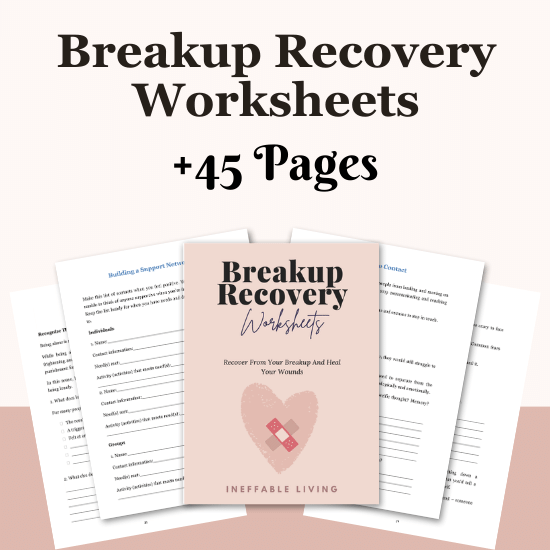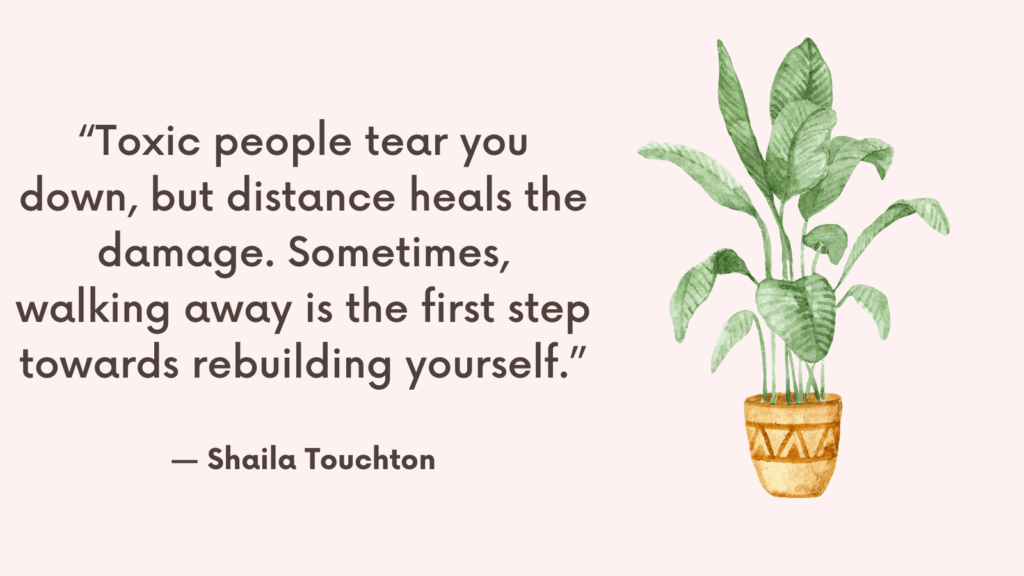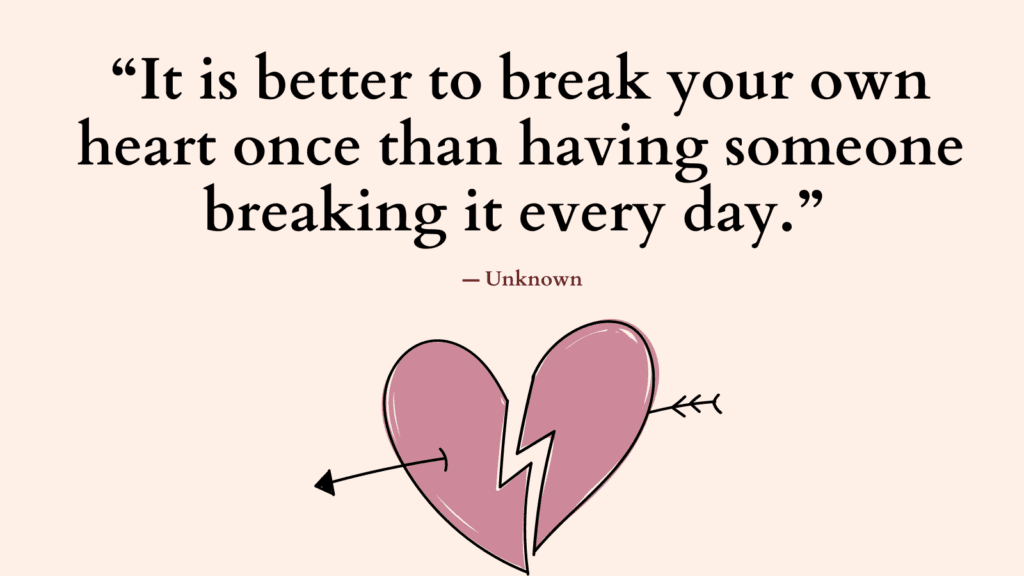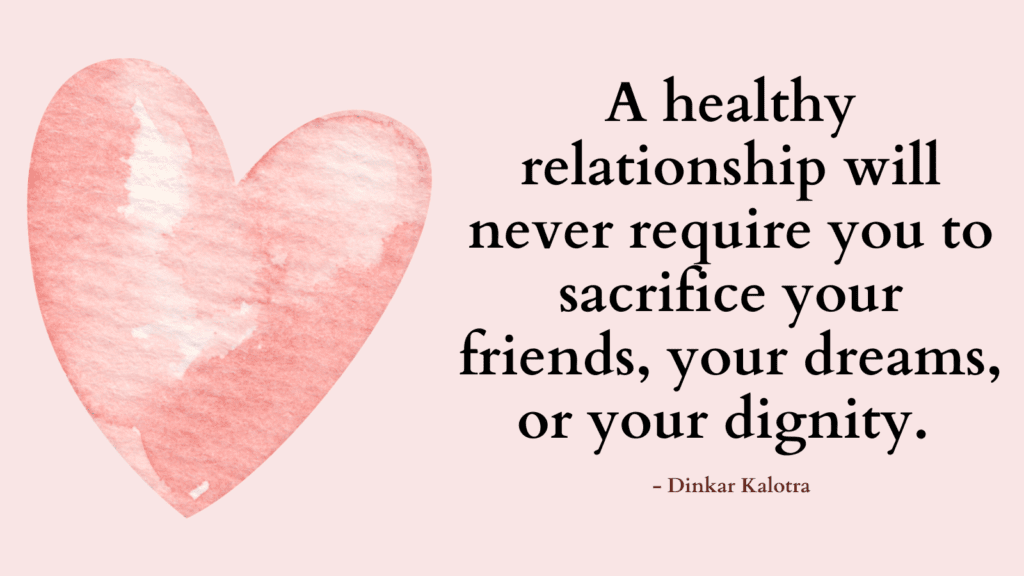You look in the mirror and wonder: Who am I now? You used to laugh more, dream more, feel more grounded. But somewhere along the way — in trying to please, keep the peace, or hold it all together — you started disappearing.
Losing yourself in a relationship, especially one marked by control, codependency, or emotional neglect, is more common than you think. But the good news is: your identity isn’t gone — it’s waiting to be reclaimed.
Here’s how to begin the process of finding your way back to yourself after losing your sense of identity in a relationship.
How You Lose Yourself in a Relationship
Losing yourself doesn’t happen all at once. It’s gradual, quiet — a slow erosion of your voice, values, and desires in the name of love, harmony, or survival.
1. You Suppress Your Needs
You stopped speaking up because it felt easier to stay quiet. Your needs became less important than keeping the relationship intact.
2. You Abandoned Your Interests
Hobbies, passions, and friendships started to fade. Your world shrank around the relationship.
3. You Over-Identified With the Role
You became “the caretaker,” “the fixer,” or “the supportive one” — and forgot you’re allowed to be your own person, too.
4. You Internalized Their Opinions
You started seeing yourself through their eyes — not your own. Their criticism felt like truth. Their silence felt like judgment.
Related: Breakup Therapy: 6 Techniques to Help Clients Cope With Grief
Signs You’ve Lost Your Identity
- You don’t know what you want or enjoy anymore
- You feel empty, numb, or disconnected from yourself
- You’re unsure how to make decisions without their input
- You feel guilt for focusing on your own needs
- You constantly second-guess your worth or choices
How to Rebuild Your Identity After Losing Yourself?
Rebuilding doesn’t mean going back to who you were before — it means becoming more fully yourself, with new wisdom and deeper self-trust.
1. Name What You Gave Up
Write a list: What parts of yourself did you let go of to keep the relationship going? Be honest. This is not about blame — it’s about clarity.
2. Reconnect With Old Joys
What did you love doing before the relationship? Revisit an old playlist, hobby, or creative outlet — even for five minutes. Let joy reintroduce you to yourself.
3. Create Micro-Moments of Choice
After being in a relationship where your voice felt small, even small decisions can feel overwhelming. Start choosing for yourself — what you want to eat, wear, watch, or say — and celebrate that choice.
Related: Navigating Separation: How to Care for Your Heart and Move Forward with Strength
4. Challenge the False Narratives
What beliefs did the relationship teach you that weren’t true? That you’re too much? Too sensitive? Not good enough? Name those lies — and replace them with truth.
5. Spend Time Alone on Purpose
Alone time isn’t loneliness — it’s reconnection. Go on solo walks, take yourself out for coffee, journal. Learn to enjoy your own company again.
6. Stop Apologizing for Existing
You don’t have to shrink to be loved. You don’t have to explain your boundaries. Practice owning your space, your voice, your presence.
7. Build a New Support System
Find people who see you — not just the version of you that existed in the relationship. Surround yourself with friendships that feel mutual, safe, and empowering.
8. Let Your Healing Be Messy
You don’t need to figure it all out today. You don’t need to rebuild your identity in one go. Every boundary you set, every truth you reclaim, every joyful moment you choose — it all adds up.
Related: Top 45 Breakup Journal Prompts (FREE Breakup Worksheets)

Conclusion
If you lost yourself in a relationship, know this: your identity is not gone — it’s just been buried under years of surviving. Beneath the silence, the people-pleasing, and the exhaustion, you are still there.
Healing isn’t about becoming someone else. It’s about coming home to who you were before the world told you who to be. You’re allowed to be whole. You’re allowed to take up space. And you’re allowed to rebuild a life that reflects your true self — not just the version of you that someone else needed.



